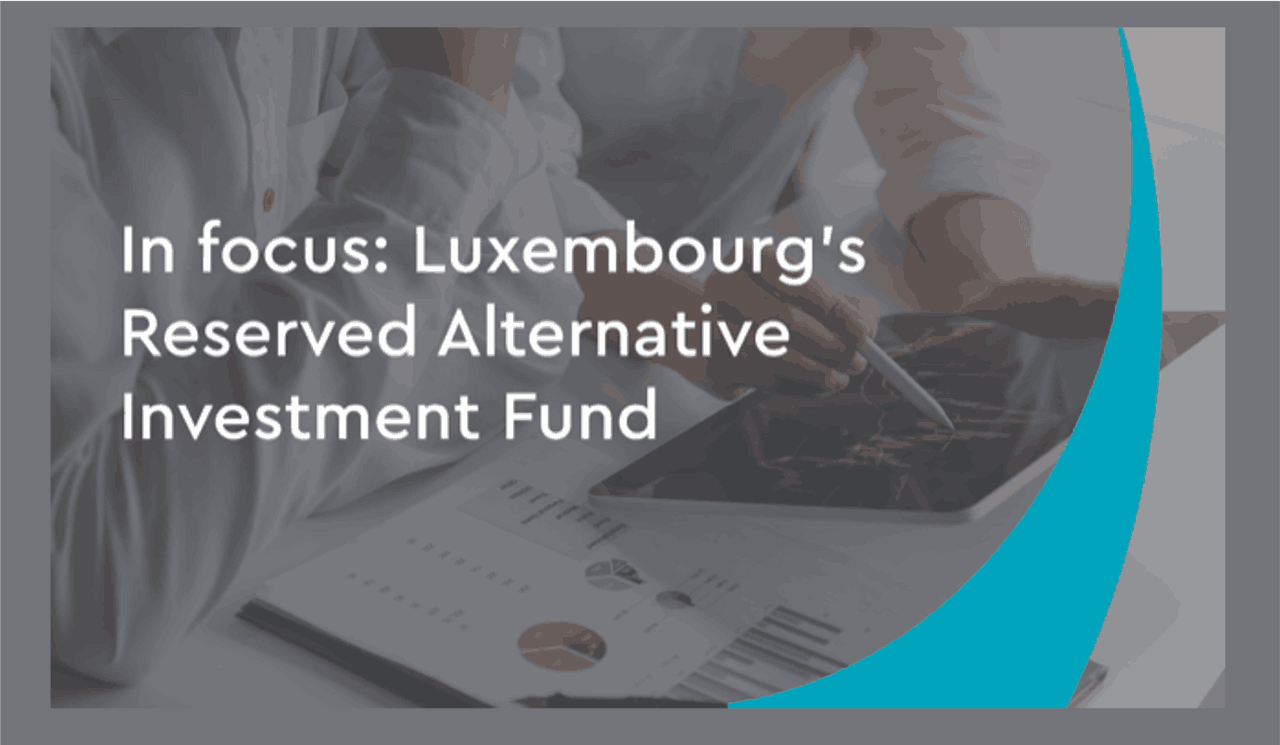Alternative assets such as private equity, infrastructure, real estate, specialist debt and renewable energy may have gone ‘mainstream’ a number of years ago, but ultra-low and negative interest rates are continuing to force investors to look beyond traditional asset classes for increased and sustainable long-term investment returns.
In the decade up to 2017, global assets under management (AUM) in the alternatives sector tripled to nearly nine trillion USD. This trajectory has continued throughout the Covid-19 pandemic, with Preqin data showing a 6.1% rise in AUM across alternative asset classes from December 2019 through to the end of June 2020. This growth took the total AUM of the sector to over $11.45tn, a figure expected to increase at an average of 9.8% per year to 2025.
The rise of alternatives is most notable in Luxembourg, and more specifically in its private equity sector. For context, the AUM of its private equity and venture capital funds has risen nearly 198% in the past decade.
Fund initiators are attracted by Luxembourg’s robust financial services infrastructure, diverse fund products and sound regulatory framework that support its standing as the second-largest fund centre in the world behind the USA, with over EUR 4.8tn AUM as of November 2020.
Luxembourg has also become a jurisdiction of choice for American private equity managers interested in setting up private equity structures for European investors. The USA now accounts for the largest proportion of fund initiators in Luxembourg with 20.7% AUM. The Reserved Alternative Investment Fund (RAIF), has rapidly emerged as key product driving this growth.
The Reserved Alternative Investment Fund
Introduced as an upgrade to Luxembourg’s funds offering in July 2016, RAIFs provide a faster and more flexible alternative to Luxembourg’s Specialised Investment Fund (SIF) and Investment Companies in Risk Capital (SICAR) structures. Unsurprisingly, the RAIF product has proven to be a popular choice and now represents over 50 per cent of all Luxembourg PE funds. As at June 2020, there were 1062 RAIFs representing a growth rate of 52% compared to June 2019 figures. Reasons for its popularity include:
- Flexibility: Qualifying as an alternative investment fund (AIF), the RAIF product is able to invest in all asset classes and adhere to any kind of investment policy. A RAIF must be managed by an external Alternative Investment Fund Manager (AIFM), who can be domiciled in Luxembourg or in any other member state of the EU, meeting investor demands for onshore fund structures in the EU. Many of the common features of fund structures such as umbrella structures with sub-funds are also possible within the RAIF structure.
- Speed to market: Unlike the SIF and SICAR vehicles, the RAIF is not subject to dual regulation where both manager and fund are regulated and supervised by the CSSF. Therefore, a RAIF does not have to get clearance from the CSSF before launch, which means it can be deployed to market relatively quickly. It must instead appoint an AIFM with a registered office in a European Union member state and is regulated to the Alternative Investment Fund Managers Directive (AIFMD). This enables it to take advantage of the AIFM’s marketing passport to market across the EU.
- Passporting: A RAIF can benefit from passporting advantages of distribution because it is managed by an authorised AIFM. This allows for its shares to be distributed to professional investors across Europe.
- Investor protection: The flexibility of the RAIF enables it to switch to the SIF or SICAR regimes if additional investor protection is required at the fund level. Similarly, SIFs and SICARs can surrender their regulatory status to fall under the RAIF model.
Who are RAIFs for?
The decision to choose the RAIF vehicle depends upon who the fund manager is targeting as investors in its fund. However, RAIFs are specifically targeted at institutional investors, professional investors and those confirming in writing that they are a well-informed investor (investing a minimum of EUR 125,000 and have been assessed by a credit institution, investment firm or management company which certifies the investor’s expertise). It is important to note that the appointment of certain service providers is mandatory for a RAIF:
- an AIFMD compliant depositary;
- a Central Administration;
- a Luxembourg external auditor.
The increasing appeal of Luxembourg’s funds landscape
With strong government commitment to its funds sector, the near future should represent a period of continued growth for Luxembourg’s alternative investments industry, particularly as appetite grows outside of the EU.
Fund services tailored to you
In order to establish RAIF structures efficiently and benefit from the structure’s dynamic offering, asset managers require an experienced fund services partner to reduce administrative burdens, costs, and, above all, the time-to-market of their RAIF.
At Ocorian, our funds team have extensive experience administering RAIFs in addition to Luxembourg’s other fund products. If you would like to know more about the RAIF or our fund services in Luxembourg, contact our team below or
